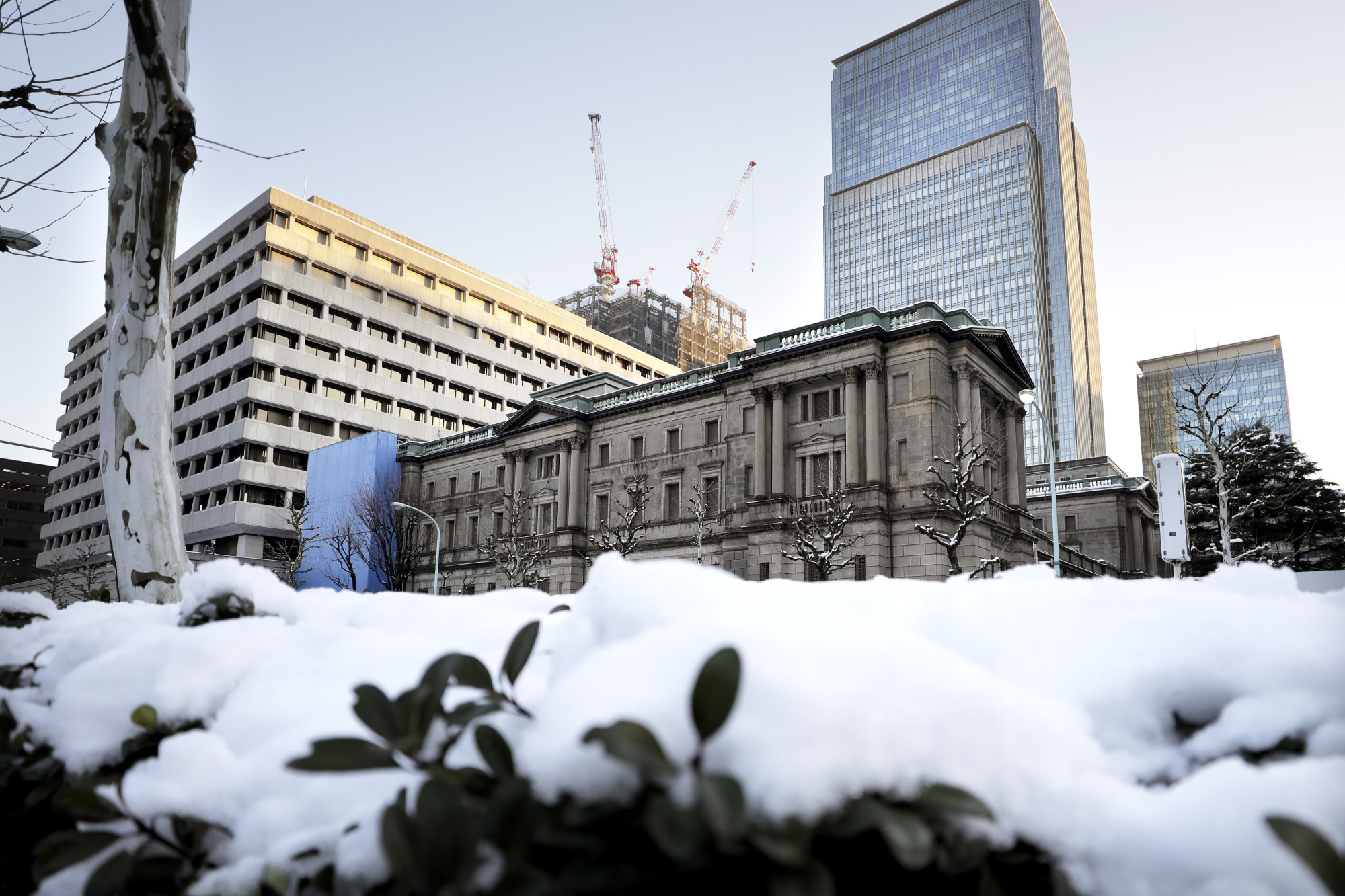In a matter of weeks, Prime Minister Shinzo Abe will have to appoint the next governor of the Bank of Japan. It will be the key executive decision defining the future of Abenomics. When, five years ago, the then newly elected prime minister picked ex-Finance Ministry strongman Haruhiko Kuroda for the top BOJ job, the decision gave instant credibility to Abe's economic policy ambitions. Today, for many economists, "Kurodanomics" is still the most visible and tangible driver of Abenomics. In my mind, there is little doubt that, on the basis of professional merit, Kuroda deserves another five years.
Since the 1960s, there has never been a BOJ governor asked to serve more than one term. Then again, there was only one prime minister in postwar history who was in power long enough to be able to reappoint a central bank chief who started under his rule (although he did not).
It's a historic moment for Abe, a unique opportunity to signal to the world that Japan has come full circle. After decades of political instability and policy uncertainty, Abe's Japan has become a "bastion of stability" where policy is made by trusted leaders who are empowered to see their policy goals met.



















With your current subscription plan you can comment on stories. However, before writing your first comment, please create a display name in the Profile section of your subscriber account page.